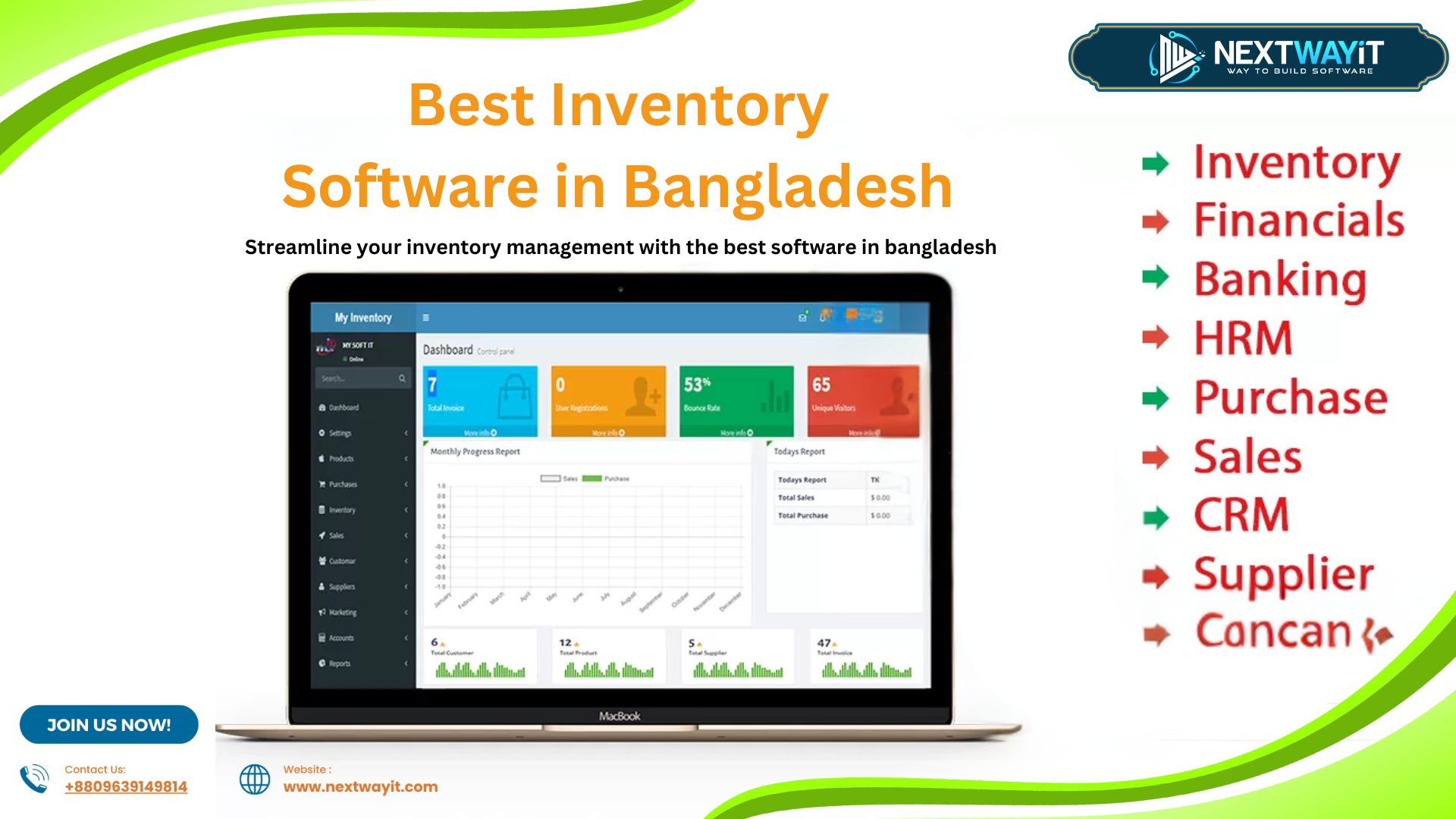
Why Need an Ecommerce Website for Business
In this article we will learn about Why Need an Ecommerce Website for Business. In today’s digital age, having an ecommerce website is no longer just an option but a necessity for businesses looking to thrive in the competitive market. Whether you’re a small start-up or a large corporation, embracing ecommerce can unlock a plethora of benefits that traditional brick-and-mortar stores simply can’t match.
Enhanced Visibility and Reach
Expanding on this point, it’s crucial to highlight how ecommerce websites break down not just geographical barriers, but also traditional limitations in reaching target audiences. Through effective digital marketing strategies such as search engine optimization (SEO), social media marketing, and online advertising, businesses can increase their visibility to potential customers who might not have otherwise discovered them. Moreover, the ability to target specific demographics and niche markets allows for more precise and efficient marketing efforts, maximizing the impact of promotional campaigns.
Cost-Effectiveness
In terms of cost-effectiveness, it’s worth mentioning some specific cost-saving advantages of ecommerce compared to brick-and-mortar stores. Beyond lower overhead costs, businesses can also save on expenses related to inventory management, as ecommerce platforms often offer integrated inventory tracking and management tools. Additionally, the ability to automate certain processes, such as order fulfillment and customer service inquiries, can lead to significant time and resource savings for businesses, allowing them to focus on strategic growth initiatives.
Data Insights and Analytics
Delving deeper into the realm of data insights and analytics, businesses can leverage the wealth of information generated by ecommerce transactions to gain a deeper understanding of customer behavior and preferences. By analyzing metrics such as website traffic, conversion rates, and customer engagement, businesses can identify patterns and trends that inform decision-making across various aspects of their operations. This data-driven approach extends beyond marketing to areas such as product development, inventory management, and customer service, enabling businesses to continuously refine their strategies and offerings to better meet the needs of their target audience.
Scalability
Regarding scalability, it’s important to emphasize how ecommerce platforms provide businesses with the flexibility to scale their operations in response to changing market dynamics and business needs. Whether it’s expanding product lines, entering new markets, or accommodating seasonal fluctuations in demand, ecommerce websites offer scalable solutions that can grow with the business. This scalability is particularly advantageous for small and medium-sized enterprises (SMEs) seeking to expand their reach and compete with larger competitors without the burden of significant upfront investments in infrastructure or physical expansion.
Customer Relationship Management
Expanding on the notion of customer relationship management (CRM), businesses can utilize ecommerce websites as powerful tools for building and nurturing long-term customer relationships. Beyond facilitating transactions, ecommerce platforms enable businesses to personalize the shopping experience for individual customers through features such as product recommendations, personalized promotions, and targeted email campaigns. By cultivating meaningful connections with customers and fostering a sense of loyalty and trust, businesses can increase customer lifetime value and drive repeat purchases, ultimately contributing to sustainable growth and success.
24/7 Availability
Unlike physical stores that operate within set hours, ecommerce websites are open 24/7, offering unparalleled convenience to customers. This accessibility means potential sales opportunities at any time of the day, increasing revenue potential for your business.
Customer Convenience and Satisfaction
Ecommerce websites provide a seamless shopping experience for customers, allowing them to browse products, compare prices, and make purchases from the comfort of their homes. Additionally, offering various payment options and flexible delivery methods enhances customer satisfaction and encourages repeat business.
Competitive Edge
In today’s dynamic marketplace, staying ahead of the competition is crucial. An ecommerce website not only helps businesses keep up with competitors but also allows them to differentiate themselves through unique branding, customer experiences, and product offerings.
Building Brand Image
A professional and well-designed ecommerce website helps build trust and credibility among customers. By showcasing your brand story, values, and product quality, you can establish a strong online presence and cultivate a loyal customer base.
Diversification of Sales Channels
In addition to your ecommerce website, integrating with social media platforms and online marketplaces further diversifies your sales channels. This omnichannel approach maximizes your reach and allows customers to discover and purchase your products wherever they are online.
Adaptation to Consumer Trends
Consumer preferences and behaviors are constantly evolving, and ecommerce provides the flexibility to adapt to these changes quickly. Whether it’s offering new product features, implementing mobile-friendly designs, or embracing emerging technologies, ecommerce websites enable businesses to stay relevant and competitive.
Flexibility in Marketing Strategies
Expanding on the theme of flexibility in marketing strategies, businesses can leverage the dynamic nature of ecommerce platforms to experiment with various marketing tactics and channels. From social media advertising and influencer partnerships to content marketing and affiliate programs, businesses have a myriad of options for reaching and engaging with their target audience. By testing different approaches, measuring results, and optimizing campaigns based on performance metrics, businesses can refine their marketing strategies to maximize return on investment (ROI) and drive sustained growth over time.
Security Measures
In terms of security measures, it’s essential to emphasize the importance of safeguarding sensitive customer information and maintaining trust and confidence in the ecommerce experience. In addition to implementing robust encryption and authentication protocols, businesses must stay vigilant against emerging threats such as phishing attacks, malware, and data breaches. By investing in cybersecurity training for employees, conducting regular security audits, and staying abreast of industry best practices, businesses can mitigate risks and protect both their reputation and their customers’ sensitive data.
Conclusion
In conclusion, the need for an ecommerce website in today’s business landscape cannot be overstated. From enhanced visibility and reach to cost-effectiveness and scalability, the benefits of ecommerce are vast and undeniable. By embracing ecommerce, businesses can not only survive but thrive in an increasingly digital world, unlocking new opportunities for growth and success.
FAQs (Frequently Asked Questions)
Why is an ecommerce website important for small businesses?
- Ecommerce levels the playing field, allowing small businesses to compete with larger corporations on a global scale.
How can I ensure the security of my ecommerce website?
- Implementing SSL encryption, regularly updating security patches, and following PCI compliance standards are essential for ensuring the security of your ecommerce website.
What are some common mistakes to avoid when launching an ecommerce website?
- Common mistakes include poor website design, lack of mobile optimization, insufficient product descriptions, and neglecting to optimize for search engines.
How can I drive traffic to my ecommerce website?
- Utilizing social media marketing, search engine optimization (SEO), content marketing, and email campaigns are effective strategies for driving traffic to your ecommerce website.
What are the key metrics to track for ecommerce success?
- Key metrics include conversion rate, average order value, customer acquisition cost, customer retention rate, and overall sales revenue.



